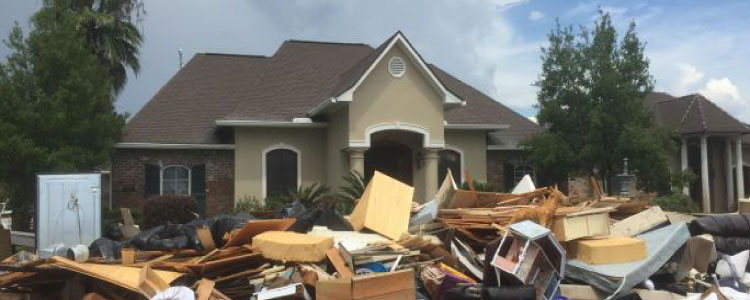
Our non-profit’s mission is to inform and advocate for the interests of insurance consumers – policyholders. When it comes to flood insurance, those interests are fairly simple:
- Access to affordable coverage for the damage that floods do to property
- Policies that pay on time to repair that damage
Only 5 million of the 122 million households in America are insured for damage from flooding. That includes flooding from hurricane-induced storm surges as well as overflowing rivers and waterways. Climate change is bringing many uncertainties. Increased flooding is not one of them. Increased flooding is a certainty. It’s already happening. As a nation, we have to step up. Stepping up has to include recognizing that Americans are all in this together, and although flood resiliency is a complex and challenging problem, we have the resources to improve our situation and strengthen our communities.
Congress should prioritize flood mitigation and improve and reauthorize the NFIP while allowing the growth of viable options in the competitive marketplace. Property owners need to recognize their flood risk and buy insurance to cover it, with help from affordability protections. United Policyholders is working hard to advance those goals.
Earlier leaders had the vision to create a National Flood Insurance Program that aims to prevent and repair flood damage. By design, the program engages the private sector and government, home and business owners, lenders, insurers, engineers, mapping and weather experts, plus FEMA and its parent agency – Homeland Security. The program has many good features, despite being a political football that many love to hate. The program’s latest sunset/reauthorization deadline is coming up on December 8th, 2017, and the politics are a doozy.
I recently had the privilege of being on a flood insurance discussion panel at the National Conference of Insurance Legislators Annual Meeting in Phoenix, Arizona. Innovator Ned Dolese (Coastal American) was also on the panel, along with Frank O’Brien, (PCI – a national insurer trade association/lobbying entity) and OK Insurance Commissioner John Doak. Doak is a strong proponent of prioritizing mitigation. I came away optimistic about innovation in the private sector as a partial solution to our flood resiliency imperative.
As to Congressional action in the next two weeks…stay tuned.
